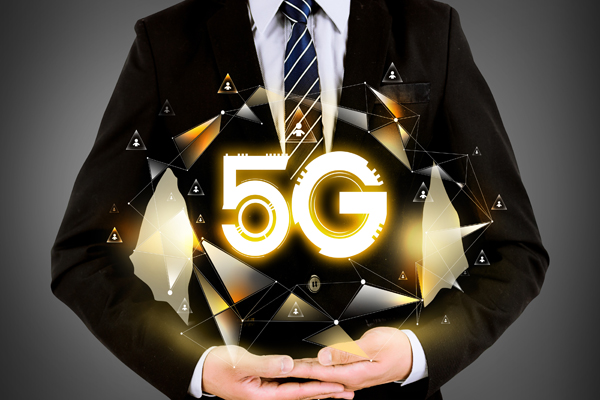The impact of 5G on telemedicine and healthcare

The introduction of 5G cellular service will greatly enhance more than a simple phone conversation. 5G connectivity reduces latency with higher capacity, advances telehealth and revolutionizes the future of healthcare in situations where real-time information may be required.

Analyse developments caused by the Covid-19 pandemic. Healthcare professionals immediately embraced telehealth technology to maintain social distancing and reduce the spread of the virus -- a pipe dream that became a reality. Smartphones and upgraded laptop cameras enable teleconferencing or general practice appointments, making it easier for people to see a doctor.
Of course, bandwidth is still an issue, especially in rural areas. Therefore, increasing 5G coverage to emerging regions will undoubtedly be a top priority. Additionally, since it eliminates the need for individuals to visit hospitals and clinics for tests or meetings, it will enhance overall health care delivery and allow clinicians to reach more patients at any one time.
Naturally, as connectivity and the use of smart devices expand, the amount of available healthcare data will increase tenfold. Additionally, wearables will allow for real-time data exchange and diagnosis, improving patient monitoring and reducing the need for doctor visits. In fact, EMTs will be able to transmit data faster, and doctors will be able to perform remote surgeries over greater distances—regardless of time zone.
Future concerns for telehealth services
Of course, with the ever-increasing interconnectivity of hospital personnel and equipment, cybersecurity becomes critical to safe operations. Encrypting patient data and regulating access requires that security be built into the system architecture—security cannot be an “add-on” to design. Privacy concerns must be addressed. Patients will need more control over their data and the ability to choose who can access it; therefore, systems will need to enable these processes.
The introduction of 5G will broaden the scope of medical services, giving patients more options for treatment and delivery. As a result, the range of healthcare practitioners will increase, as will the need for additional technology in their offices. As hospitals work to enhance care and make better use of staff, they will need to expand to integrate their functions and incorporate additional equipment. Medical device manufacturers and service providers face a daunting task as they strive to provide reliable access while ensuring privacy protections — both of which are critical.